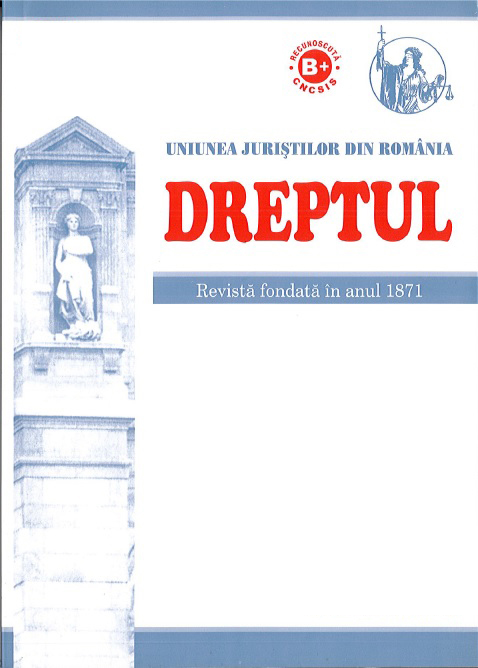The study addresses the issue of the role of the judicial power within the system of separation of powers in the state, as well as its interaction with the legislative power, respectively the executive power, mainly using the method of analysis and of the case study, respectively of the jurisprudential study.
Starting from the necessity, justified in a democratic state, of the existence of a system of mutual control between the authorities called to exercise the power, the authors present the creative role of the judge, called upon to apply, by interpretation, his right and principles, to a situation of fact, pursuing the respect for citizens’ rights and freedoms.
Certainly the necessity of limiting the abusive or arbitrary conduct in exercising the functions of any of the three powers of the state can only be achieved when mutual control is effective and guaranteed by the legal regulations, as well as by the institutional practice, based also on the principle of loyal collaboration between institutions and public authorities.
The members of the judicial power must respect high standards of ethics and professionalism, and their independence and impartiality are guarantees of respecting their role in democratic regimes based on the principle of separation of powers.
The paper presents aspects referring to the interaction of the judicial power with the legislative one and the executive one respectively, by analysing the relevant case law of the Constitutional Court, which has established the parameters of this relationship, so as to guarantee the respect for the functions assigned by the Fundamental Law to each power, respectively to respect the citizens’ freedoms and the prevention of arbitrariness in the exercise of power.


